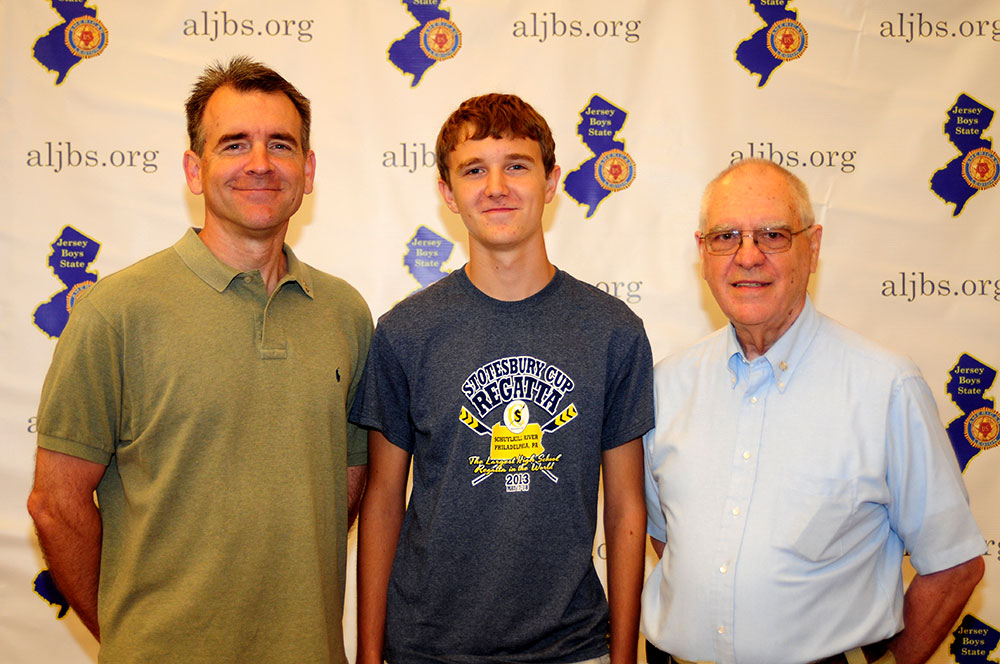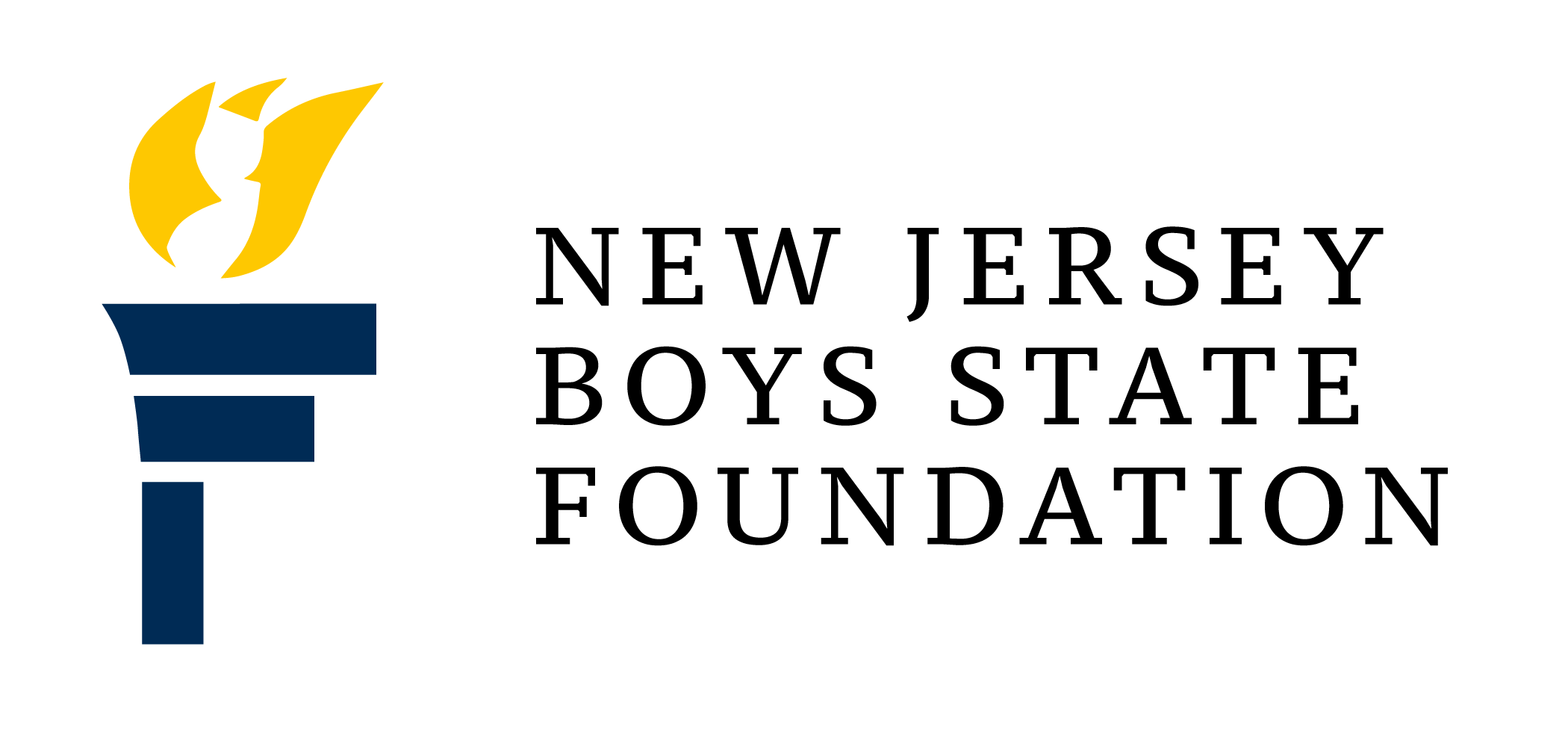News Archive

As we prepared for city registration, my senior city counselor reviewed what to ask, give, and say. He added one item to the lengthy list. "Remember to say ’Happy Father's Day‘ to all the dads."
I didn't think much of the comment. As a second-year staff member, I was trying to remember the rest of the list. When the first delegates arrived, I carefully stumbled over the things on the list and omitted the addendum. Moving sixty people into a dorm in ninety minutes is difficult and I was conscious of the clock.
My senior city counselor returned from other duties after a few delegates had been registered and took over. He registered the delegate, gave him his room assignment, and, as the delegate and his father moved toward the stairwell, added, "And Happy Father's Day, sir."
"Thank you," said the father. And so did all of them. Some casually, others thoughtfully, but all returned thanks.
Although I'd rather be saying, "Happy Father's Day," to my dad in person today, I get something a little different. Father's Day at Boys State offers a rare window into the personal significance of a family holiday. It's a brief chance to see intimate generational dynamics and values. Although ALJBS removes fathers from sons today, fatherhood and manhood are strong but subtle elements of the program.
That is, some days they're subtle. Other days, they hit you in the face.
Today, we registered two delegates who are third-generation Boys State delegates. I'm shaking my head as I write this because I'm amazed at it too. Boys State experiences are uniquely personal, so a Boys State connection across a generation is uncommon. Three generations of Boys State is rare, and two in one year is a time to reflect.
Ken Harris is in his 70s. He's dressed in a blue shirt and khaki pants, similar to the uniform he wore for over twenty years as an ALJBS counselor. Ken was a delegate in 1957, back when this program was held at Rutgers, and has a collection of old photographs and newspaper articles about his delegate week. There's a photo from The Philadelphia Inquirer where Ken's smiling face is tucked into the lower right corner, although Ken isn't impressed: "I don't know why I'm there. Somehow I got into the picture." There's clippings from two articles about ALJBS, one from the Inquirer and one from a local paper near Ken's hometown of Millville. The local paper ran a couple photos, including one of the four delegates from the local Legion post and one with all the delegates from Cumberland County.
Ken is modest but clearly enjoys talking about Boys State. After all, he is at home here at Rider, joking with Director Bagatelle and telling me stories about his twenty years on staff. The best one is about how he got here. "At the time, I was going to the same church as Harold Eaton. He was telling me to come out for Boys State, and I told him that if you can get me off for that week—with no vacation days—then I'll come out. I was working at a bank. I didn't think he'd have a chance to pull it off. But he did and I was shocked."
After working in a city for two years, Ken became the Political Advisor for the Federalist party, serving for 18 years alongside Walt Frenz. During that time, Ken's son, Kevin, was a delegate (1979), and now Kevin is here to drop off his son, Kevin Jr., for his delegate week.
Ken's willingness to talk about Boys State is similar to Everard Eaton, a longtime staff member whose grandson is also a delegate this year. Three of Ev's sons have come to Boys State, both as delegates and staff, and Ev, in his own quiet way, always lights up when talking about his family's Boys State experiences. It's been a common thread across three generations of Eatons and a defining part of their lives.
We tell stories to pass on information, values, humor, and identity, but most of these stories come from a single point of origin. Someone experienced something and tells it to others. It's a very classic type of learning, the learned instructor teaching the unlearned pupils.
Viewing a story like this, though, ignores the communal aspects of storytelling. Before written record, many cultures passed on their history through oral tradition. Some still do, and even those that use written language augment this with oral narrative, with each format usually serving a certain type of narrative. Stories become how we self-identify and relate. They form our history, shape those who follow us, and shape us.
A family's history at Boys State is more than just "their thing"; it's a rare but beautiful condescension into each other's lives, strengthening a blood tie by personal investment. When Ken and Ev talk about Boys State, they're telling us their own history, their family's history, and what matters to them. And here at Rider University, on Father's Day, we get to experience their joy as well.
The story of ALJBS is its position between the future and the past. We look to the past for the values that the program was built on and look to the future as we teach those values to new generations each year. As the staff returns and gives back to the program, the program keeps giving back to the staff. No matter how much we might play the teacher, we have been shaped and blessed by this program. It is our story—delegates, staff, and alumni all.


